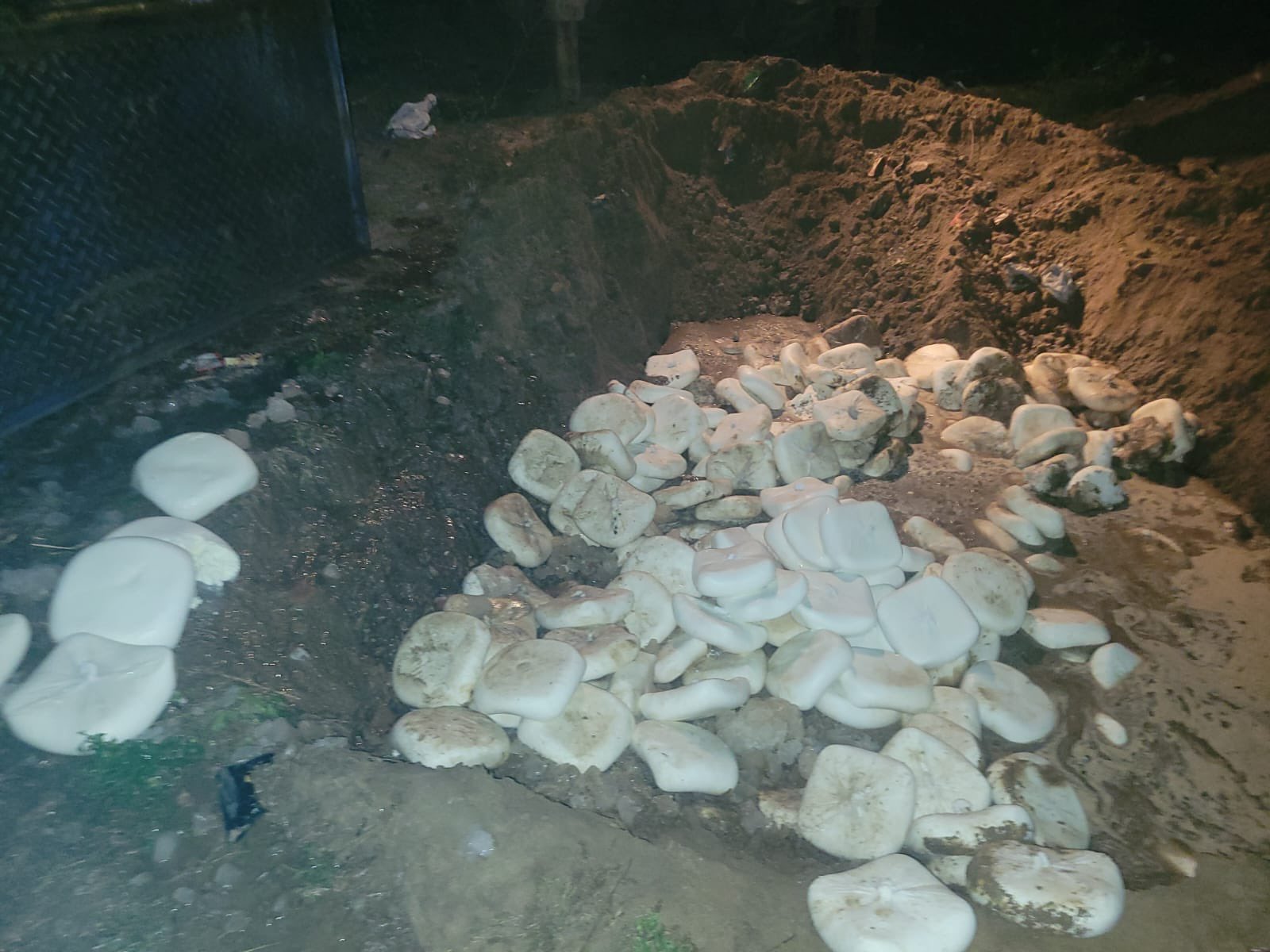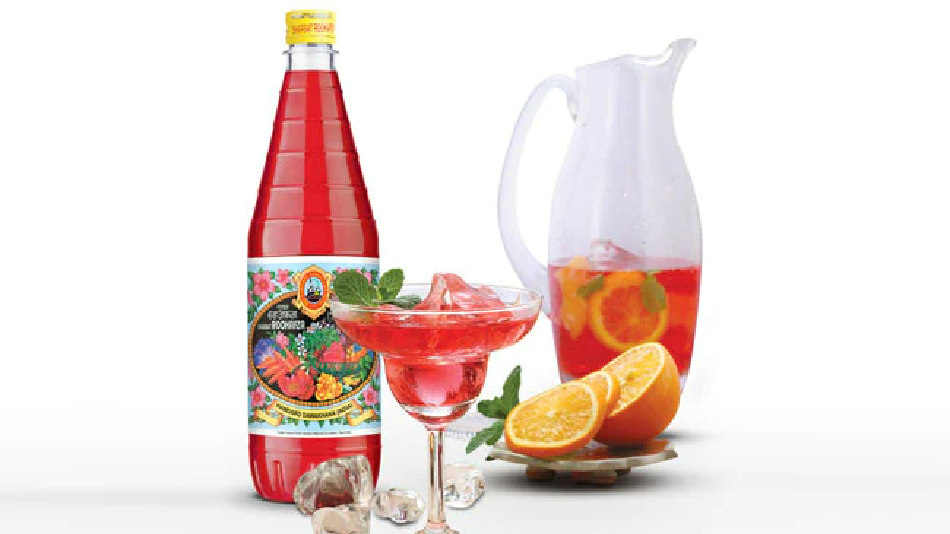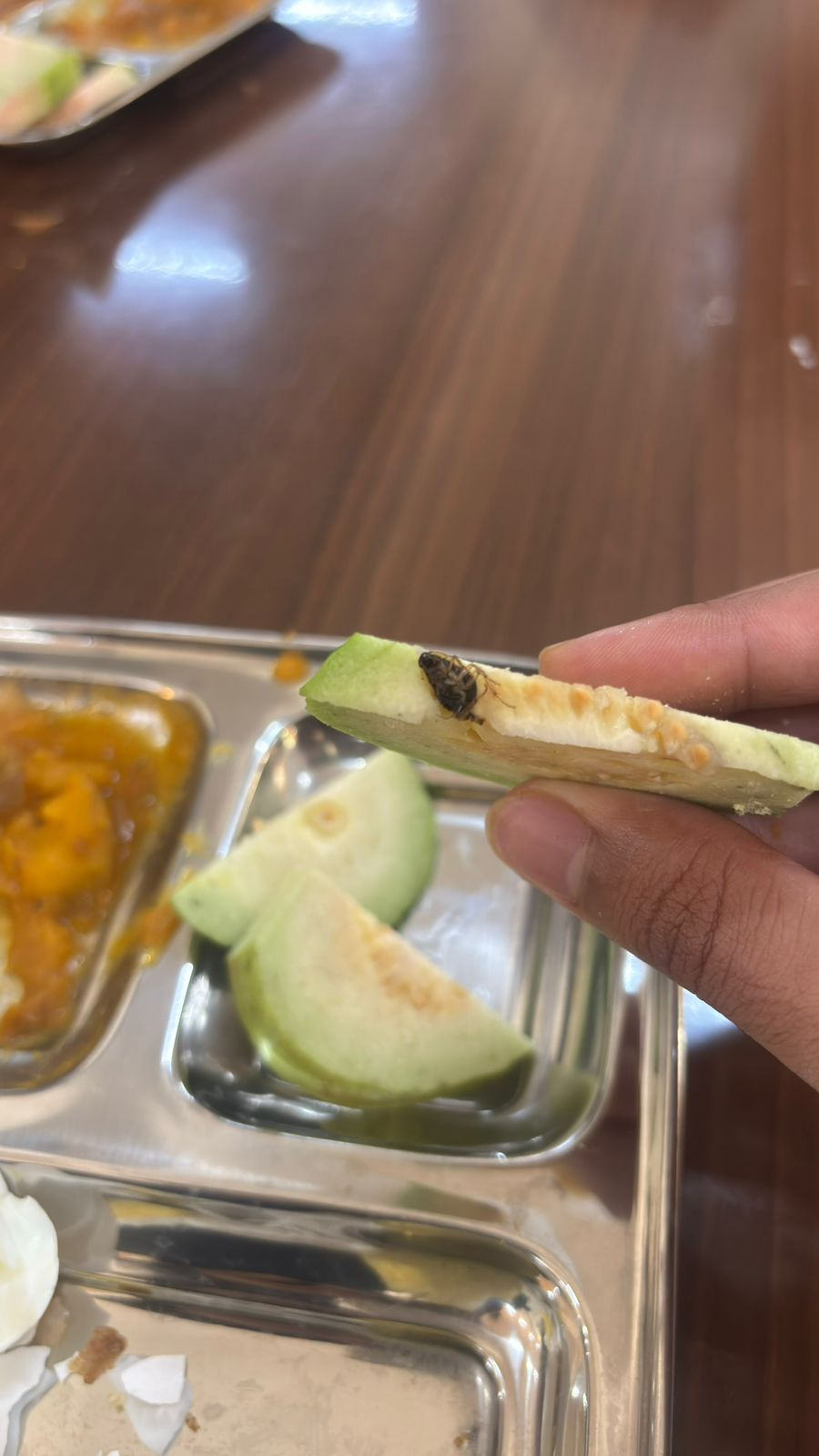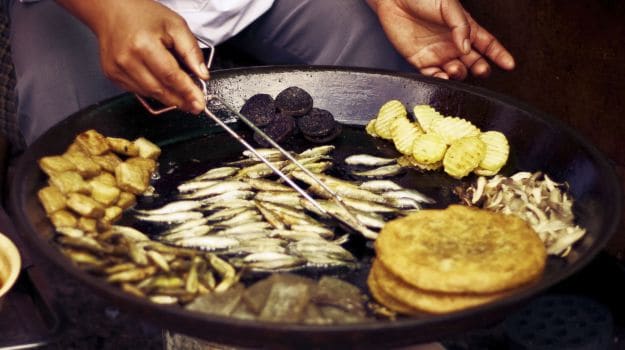A court has sentenced the head of a Taiwanese company to 20 years in jail for his role at the centre of a "gutter oil" scandal that gripped the island's food industry and brought down a minister.
Yeh Wen-hsiang, chairman of Chang Guann Co, was also fined Tw$50 million ($1.6 million) for his part in selling on 243 tonnes of tainted oil collected from cookers, fryers, and grease traps, as well as recycled grease from leather processing plants.(Gutter Oil Scandal Raises Food Safety Concerns Again)Yeh was first detained in September after the accusations came to light, but was released on bail in October, before being found guilty of safety violations last week. He was sentenced on Friday. Hundreds of tonnes of cakes, bread, instant noodles, cookies, steamed buns and dumplings had to be removed from shelves in Taiwan and Hong Kong when the case surfaced, authorities said.
The contaminated fat was mixed with regular lard and distributed to clients in the food industry.
More than 1,000 restaurants, bakeries and food plants in Taiwan had used the tainted oil, according to the Food and Drug Administration, and the resulting outcry led to the resignation of the country's health minister.(Shocking News: How Unhygienic is the Street Food We Love To Eat?)Tsai Chi-chuan, the company's vice president, was also given a 20-year sentence for food safety violations, according to a statement released by the Pingtung District Court, in the south of the country.Kuo Lieh-cheng, the manager of an unlicensed factory that supplied the firm, was jailed for 12 years, while a worker from the same factory was sentenced to eight years, it said.Taiwan's government had pushed for an amendment to the law to raise jail terms and fines for food safety violations, as well as offering whistle-blowers more incentives in the wake of the case. Yeh's "gutter oil" case was the first in a string of scandals, with Taiwanese food giant Ting Hsin group accused of selling oil intended for animal food just one month later.(Food Scandal: Decades-old Frozen Meat Seized in China)Two Taiwanese businessmen were then charged with using banned industrial dyes to adulterate food products in December last year, also prompting mass recalls.
Yeh Wen-hsiang, chairman of Chang Guann Co, was also fined Tw$50 million ($1.6 million) for his part in selling on 243 tonnes of tainted oil collected from cookers, fryers, and grease traps, as well as recycled grease from leather processing plants.(Gutter Oil Scandal Raises Food Safety Concerns Again)Yeh was first detained in September after the accusations came to light, but was released on bail in October, before being found guilty of safety violations last week. He was sentenced on Friday. Hundreds of tonnes of cakes, bread, instant noodles, cookies, steamed buns and dumplings had to be removed from shelves in Taiwan and Hong Kong when the case surfaced, authorities said.
The contaminated fat was mixed with regular lard and distributed to clients in the food industry.
More than 1,000 restaurants, bakeries and food plants in Taiwan had used the tainted oil, according to the Food and Drug Administration, and the resulting outcry led to the resignation of the country's health minister.(Shocking News: How Unhygienic is the Street Food We Love To Eat?)Tsai Chi-chuan, the company's vice president, was also given a 20-year sentence for food safety violations, according to a statement released by the Pingtung District Court, in the south of the country.Kuo Lieh-cheng, the manager of an unlicensed factory that supplied the firm, was jailed for 12 years, while a worker from the same factory was sentenced to eight years, it said.Taiwan's government had pushed for an amendment to the law to raise jail terms and fines for food safety violations, as well as offering whistle-blowers more incentives in the wake of the case. Yeh's "gutter oil" case was the first in a string of scandals, with Taiwanese food giant Ting Hsin group accused of selling oil intended for animal food just one month later.(Food Scandal: Decades-old Frozen Meat Seized in China)Two Taiwanese businessmen were then charged with using banned industrial dyes to adulterate food products in December last year, also prompting mass recalls.
Advertisement










